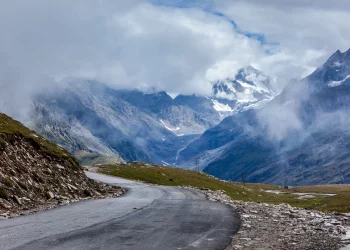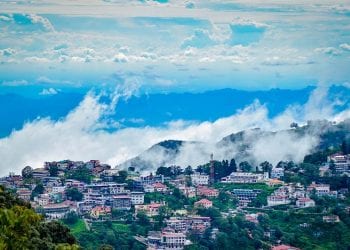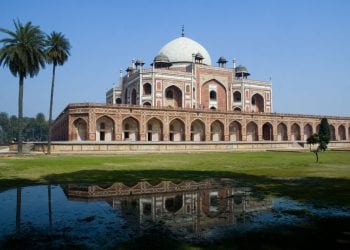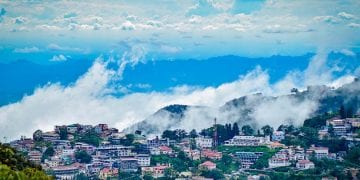Mahatma Gandhi Setu – Everything You Need to Know
Bhupen Hazarika Setu also known as Dhola Sadiya Bridge, over the Brahmaputra River in Assam state, is the first longest river-bridge in India. Mahatma Gandhi Setu is the next being the second-longest bridge in India. In 1982, the then Prime Minister of India, Ms. Indira Gandhi inaugurated this bridge. Situated in Bihar, it extends for 5.7 kilometers over the holiest river in India, the Ganges.
In the absence of this bridge, people used to travel to Patna and Hajipur via boats or ferries.
About the Mahatma Gandhi Setu
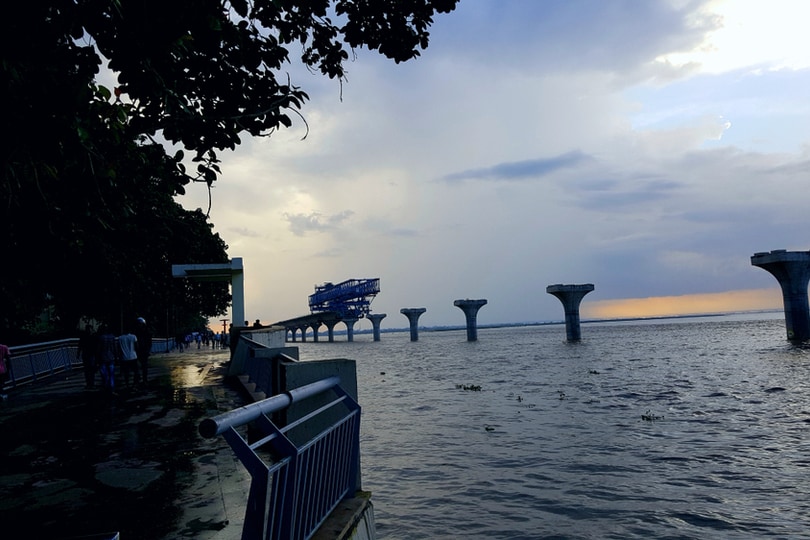
Mahatma Gandhi Setu has been named after the father of the nation, Mr. Mohandas Karamchand Gandhi (a.k.a. Mahatma Gandhi). It connects Patna, located in the south of Bihar, to Hajipur, situated in the North of Bihar. The bridge has been consists of four lanes for vehicles and pedestrian pathways on either side. Commuters can have a spectacular view of the Ganges River from over the bridge.
Before Mahatma Gandhi Setu, Rajendra Setu opened in 1959 and was the only means of road communication among North and South Bihar. This Setu had a two-lane road for vehicle commuting and a single lane railway track.
Being a landmark of Bihar and part of NH19, Mahatma Gandhi Setu has enabled users to reach from North of Bihar to Patna within few minutes.
Toll gates that were initially installed have now been revoked by the Government. Removal of toll collection on the bridge is a measure to reduce the static load of heavy vehicles on the bridge while they wait for their turn to pay toll tax.
Traces of Beginning
The Bihar State Road Development Corporation undertook the construction of this bridge. Initiated and approved by the central government in 1969, construction of the bridge got assigned to the largest civil engineering construction company of India, Gammon India Limited. Construction work began in 1972 and was completed in nearly 10 years time-span.
The opening of the bridge was scheduled in 1978 for the public. But it was delayed due to natural disasters and labor issues. A heavy storm in April 1979 destroyed two, 300 tonnes each, gantry and casting beds of the bridge. A huge shortage of cement and building material along with workers’ strike delayed the project by a few years.
Expenditure incurred in the construction and maintenance of the bridge was approximately INR 87 million. The allocated cost for construction of the bridge was around 46.67 million. NHAI, the National Highways Authority of India, currently maintains the Setu.
Engineering Excellence
The bridge is an engineering marvel having 45 intermediate spans (piers) of 121m each. This provides ample height to the bridge to accommodate a ship underneath it.
Also, one span of 65.53 m each is present on both ends. Using Cantilever slabs with hinge bearings and box girders as construction technology, the bridge cost nearly INR 88 million back in the 1970s and 80s.
Two cantilever beams, present on both sides, are free to move at ends. There are upstream and downstream lanes of around 6 meters width on the bridge. Lanes are free of any disturbance from each other. Vertical movements of spans connected via protrusions are free to move longitudinally. This allows vibration, from overflowing traffic movements, to smoothly transfer between spans.
Best Time to Visit This Man Made Marvel
The Ganges is India’s largest and the world’s third-largest river. Its vastness creates mesmerizing scenic beauty for visitors. At night, different colors lights lighten up the stretch of 5.75 km (18, 860 ft.) on the bridge. The technology with which the bridge has been built is an example of Indian engineering excellence.
As the bridge is under repair, there are a lot of traffic jams and congestion here, daily. Be cautious while visiting this site. At the other end of the bridge, Hajipur where a lot of Banana production is undertaken lies.
The ideal time to visit Patna and from there to Mahatma Gandhi Setu is in February, October, and December each year. Setu is 6 km from Patna city center. Patna experiences hot and humid summer during the period of March to June and the temperature ranges from 28 degrees Celsius to 46 degrees Celsius. From July to September, Patna experiences heavy rainfall, which makes the weather extremely humid.
During the winter season that stretches from November to February, Patna has pleasant weather with the temperature range recorded between 6 degrees Celsius and 33 degrees Celsius.
Reaching the Setu
To reach Setu, you may travel either from North or South of Bihar’s districts, Patna ( in the south) and Hajipur (in the north). Reaching Patna requires traveling through major cities like Lucknow, Kolkata, Kanpur, or Allahabad.
Commemoration by Indian Government
Indian postal department had issued a postage stamp on 17 August 2007 “Landmark bridges of India: Mahatma Gandhi Setu” of denomination 0500 paise to immortalize the grandeur of this structure.
Entry Fee for the Setu
No entry fee has been levied to view the bridge. Only toll fee and GST, as decided by the Government, needs to be paid. This amount depends upon the kind of vehicle being used on the bridge. Also, there are no fixed visiting hours for exploring the Setu.
Places Worth Visiting Nearby Mahatma Gandhi Setu
Many tourist attractions are located in the Patna and Hajipur areas close to the Setu. Some prominent places in Patna are:-
1. Golghar
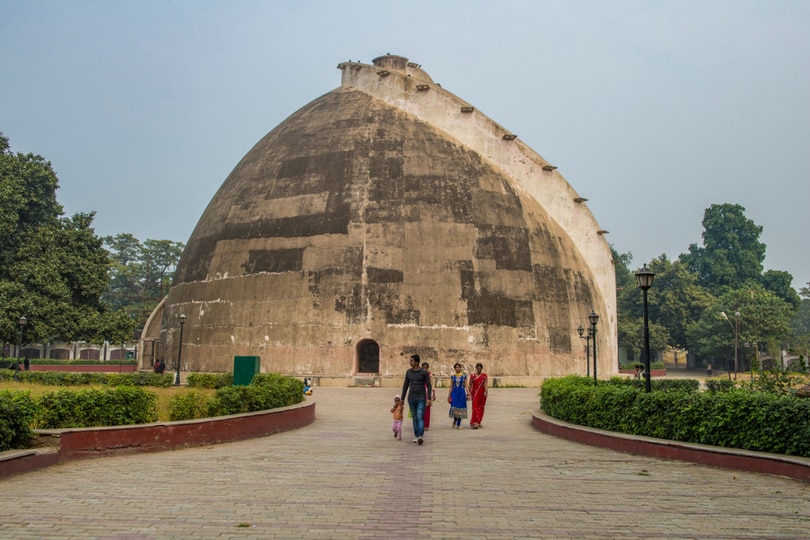
Built by Captain John Garstin in the year 1786, it is a storage house. From the top of this place, visitors can have a panoramic view of the river Ganges and the city around it. Situated at a distance of 1 km from the city center of Patna, there is no entry fee here. Visiting hours for this stupa-shaped grainery is from 9:30 a.m. to 6:00 p.m.
2. Patna Sahib Gurudwara
Situated at a distance of 9 km from the city center, this holy place of the Sikhs was built by Maharaja Ranjit Singh in the memory of Guru Gobind Singh. This is amongst the most popular Holy seats or Takht of the Sikhs. It can be visited at any time of day without any entry fee.
3. Patna Museum
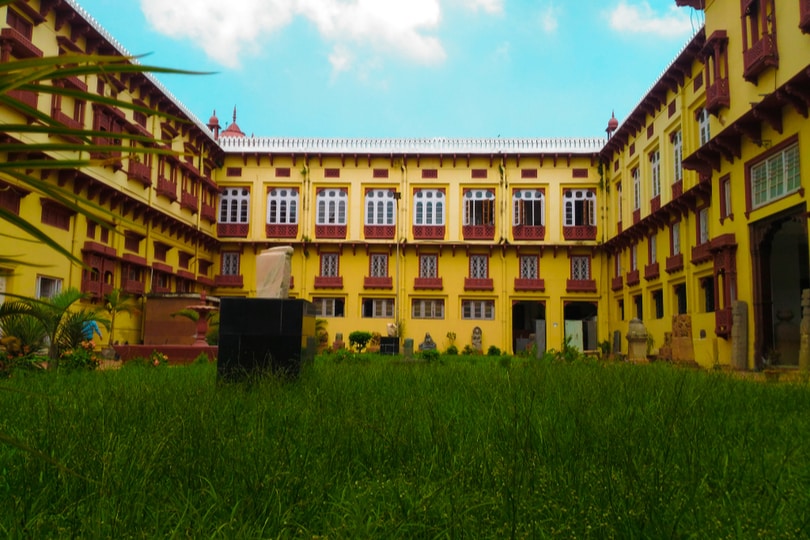
Also famous as the Jadu Ghar, this is one of the most popular tourist spots among history lovers especially. It has more than 50000 unique art objects belonging to the middle age as well as ancient times. Some artifacts belong to the British period too. This showcases Rajput and Mughal-style architecture. It features Holy Relic Casket that contains the sacred ashes of Lord Buddha and a beautiful Yakshini statue. Situated at a distance of 1 km from the city center, visiting hours of the museum are from 10:30 a.m. to 4:30 p.m. every day except Monday. Indian visitors can visit the museum for a nominal fee of Rs15 while foreign visitor has to pay Rs 250.
4. Srikrishna Science Center
This is an informational and educational place built in the year 1978 and exhibits numerous principles of science. It is situated at a distance of 1 km from the city center. Entry fee here is INR 10 per person during the visiting hours that stretch from 10:30 a.m. to 6:00 p.m. on all seven days of the week.
Main Attractions at Hajipur
1. Sonepur Fair
It is one of the largest cattle fairs in Asia where various events like folk dances, music, street plays, and circus, etc. are also performed to entertain visitors. Sonepur is located 6 kilometers from Hajipur. On the full-moon day of October-November, known as Kartik Diwas, Sonepur fair is held.
2. Ram Chaura Mandir
This landmark destination of Hajipur is dedicated to Lord Rama to commemorate his visit to Hajipur on his way to Janakpur. The temple has been constructed on the place where the footprint of Lord Rama was imprinted on the ground. On the festival of Ram Navami, a fair is held in this temple.
3. Vaishali
Vaishali is an ancient village located 41-km Northwest of Hajipur. Here Vaishali Mahotsav is celebrated in honor of 24th Jain Tirthankara Lord Mahavira. This is an archaeological site featuring an Ashokan pillar, Buddha stupa, Abhishek Pushkarani, and many other artefacts.
4. Batukeshwar Nath Temple
The temple is located to the East of Hajipur is the oldest temple of Bihar, dedicated to Lord Shiva. It was constructed during the Mughal Era. During the festival of Basant Panchami, celebrations in the form of a fair are held in the temple that lasts for a month.
Current Status of the Bridge
The Setu is now overstressed under the weight of heavy vehicles that constantly use the bridge. Poor maintenance, wear and tear and over-usage by traffic have made the structure vulnerable and open to large cracks. Nearly over 85,000 vehicles and 12,000 pedestrians make use of the bridge daily.
Investigations have discovered water leakage inside the box girder from joints between segments and holes responsible for lifting the segments. Hinges have also been hammered by vehicular stress, finger type expansion joints are distressed, concrete at transverse joints is spilling and longitudinal cracks in precast segments represent a true description of the current bridge.
RCD has Mahatma Gandhi Setu as its top priority. NHAI has engaged the services of Mumbai-based SN Bhobe and associates, to conduct a detailed study of the bridge so that the renovation work of the Setu can be undertaken after 15 years of failed efforts made by the Ministry of Road Transport and Highways
The Ministry of Road Transport and Highways has been unsuccessfully trying for the past 15 years. Finally, Prime Minister Narendra Modi inaugurated its repair work in January 2017. As the bridge is in a ramshackled state due to massive traffic overload, this superstructure’s dismantling has begun.
Meanwhile, the Bihar government has constructed two pontoon bridges running parallel to the main bridge to control traffic flow and congestion. Also, the feasibility of constructing the new bridge is being studied. Repair work of the upstream extension joints and wearing coat of the bridge has been redone with asphalt and bituminous concrete to reduce the load on spans.
The Mahatma Gandhi Setu is a historical attraction that one must include in their visit to Patna. Bon voyage!
P.s. You might like these related resources
- Take a Visit On Tourist Attraction Places of Patna!
- Planning A Trip to Gaya For A Spiritual Experience!
Recent Posts
Top Picks
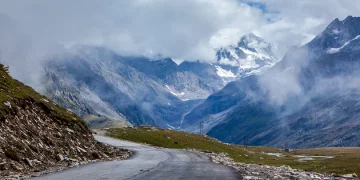
- OYO
 15 April, 2024
15 April, 2024 - Cultural Tour

- OYO
 15 April, 2024
15 April, 2024 - Cultural Tour

- OYO
 15 April, 2024
15 April, 2024 - Cultural Tour

- OYO
 15 April, 2024
15 April, 2024 - Cultural Tour

- OYO
 15 April, 2024
15 April, 2024 - Cultural Tour

Please rotate your device
Please go back to portrait mode for the best experience



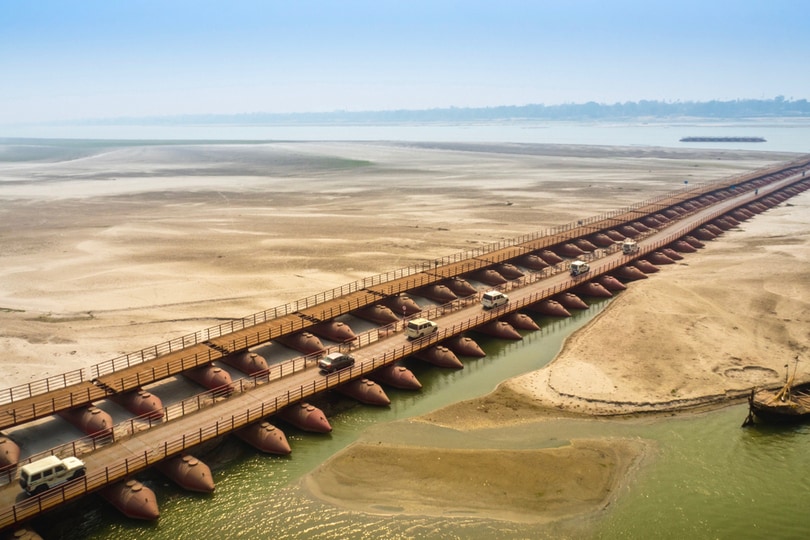
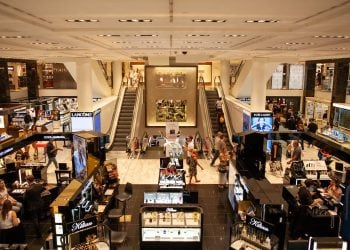
 April 15, 2024
April 15, 2024 